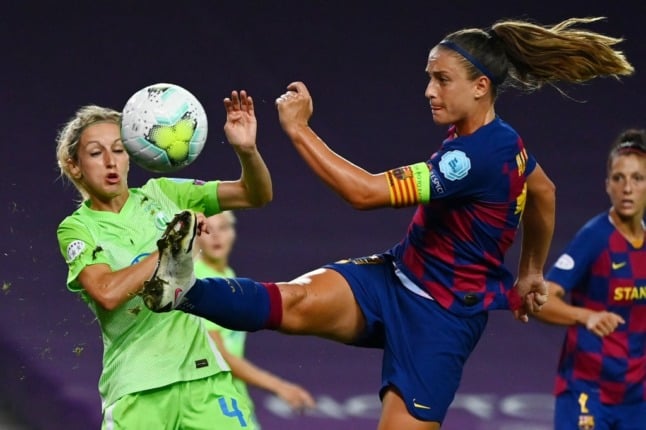While female entrepreneurs have a way to go before they have equal business ownership to men in Italy, there are signs of a shift towards a better gender balance.
Women make up 45.23 percent of employees in Italy, but own just 21.44 percent of businesses, the chamber of commerce Unioncamere said on Thursday.
But between April and June this year, female business ownership crept up by 0.73 percent. The change may seem small, but the average figure was just 0.42 percent and during the same period Italy returned to recession.
“Above all women are confronting the crisis with determination and creativity,” Unioncamere said.
Looking for a job in Italy? Check out The Local's jobs page
But Serena Sileoni, vice director of think tank the Bruno Leoni Institute (IBL), said women are still being held back by gender stereotypes.
“Women are necessarily divided between the family role, which still seems inescapable, and the aspiration for professional gratification and working life not thought possible before,” she told The Local.
While Italian women today are in a better situation that their grandmothers, Sileoni said the domestic role “makes it exhausting” to lead a successful career.
She has however been able to lead a varied working life as a lawyer, researcher, journalist and consultant. “Equal access to education and the world of work today makes a woman’s skills equal to those of a man,” Sileoni said, in theory.
Italian culture is now catching up, which she hopes will allow women equal access to business opportunities: “The evolution of traditions and social norms seem to be going in the right direction, towards the recognition of the ability of women in the world of work and those of men in the domestic world.”
North-south divide
Although southern Italy is seen as more traditional than the north, the Unioncamere figures show women in the south are reversing this trend.
Women have the highest business ownership rates in the southern region of Molise, where 28.26 percent of firms are female-owned. In close second came southern Basilicata, with 26.53 percent.
The lowest rates of female representation were found in the industrial north. In Lombardy, home to Italy’s economic capital Milan, just 18.04 percent of businesses are owned by women. The figure puts the region just slightly above northern Trentino-Alto Adige, where only 17.24 percent of businesses have a woman at the top.
When divided by trade women are most strongly represented in a range of service industries, where ownership has hit 49.62 percent. Women also have a strong presence in health and social services (38.46 percent) and teaching (29.44 percent).
Men are most dominant in the construction industry, owning 94.18 percent of firms, and as energy and air conditioning suppliers (91.40 percent).




 Please whitelist us to continue reading.
Please whitelist us to continue reading.
Member comments